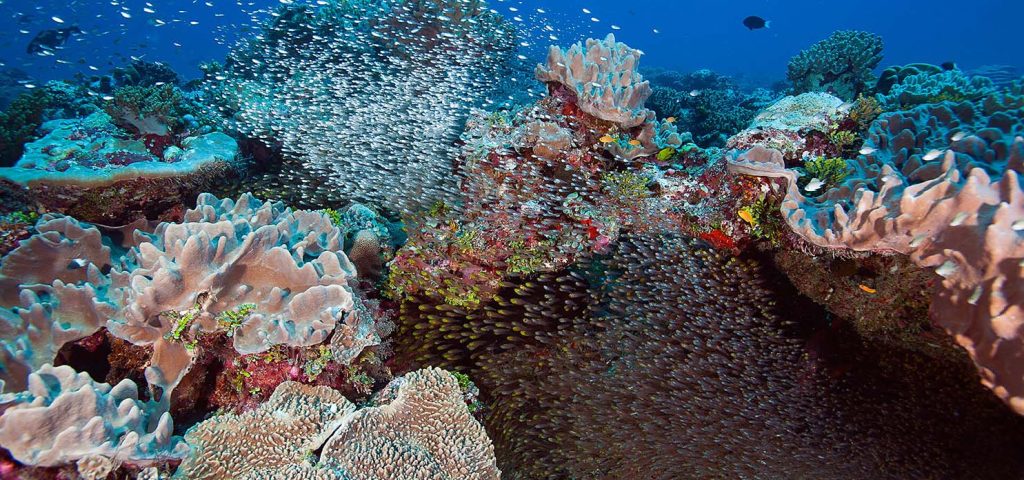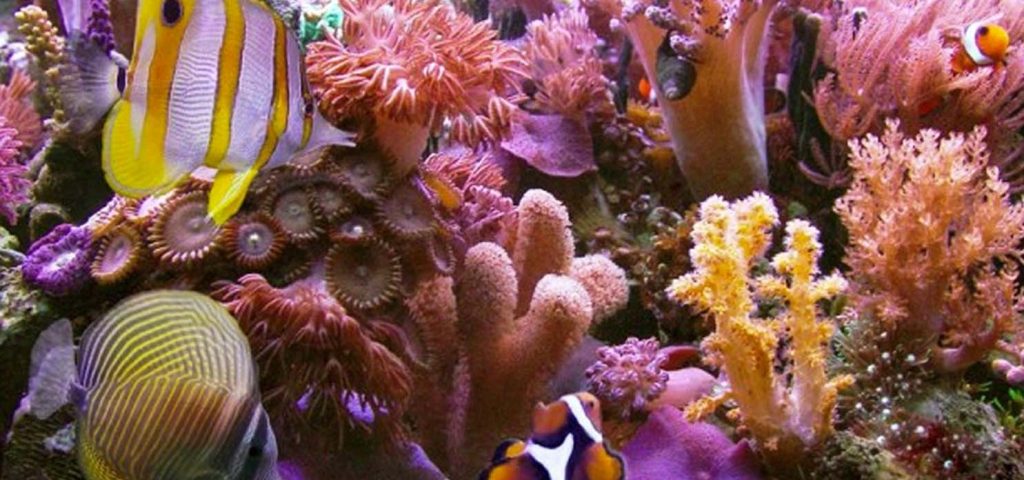I have been privileged to explore some of the most mesmerizing destinations around the globe. Among these, Hikkaduwa, a captivating coastal town in Sri Lanka, has left an indelible mark on my heart. This enchanting paradise not only boasts breathtaking beaches and a vibrant atmosphere but also offers an underwater wonderland filled with fascinating marine life. The coral reefs of Hikkaduwa are a haven of biodiversity, drawing snorkelers, divers, and nature enthusiasts from far and wide. I will delve into the captivating world of Hikkaduwa’s coral reefs, uncovering their allure, significance, and the importance of sustainable practices to safeguard this natural gem.
The Allure of Hikkaduwa’s Coral Reefs
Nestled along the coast, Hikkaduwa’s coral reefs play a vital role in its marine ecosystem, providing a haven for an incredible array of marine species. The reefs primarily consist of fringing reefs, which are located close to the shore, making them easily accessible for snorkeling and diving. The warm, clear waters of Hikkaduwa create an ideal environment for coral growth, resulting in a mesmerizing tapestry of colors and formations beneath the surface.

A Symphony of Biodiversity
Plunging into the pristine waters of Hikkaduwa unveils a mesmerizing symphony of marine life. From delicate coral formations to an abundance of fish species, the reefs are a kaleidoscope of hues and shapes. Snorkelers and divers are treated to sightings of vibrant tropical fish, such as parrotfish, angelfish, and butterflyfish, darting playfully among the coral crevices. Rays, sea turtles, and occasional reef sharks add an element of excitement to underwater explorations. Moreover, the coral reefs serve as vital nursery grounds for young marine creatures, contributing to the overall ecological balance.
Responsible Tourism for Conservation
While we are entranced by the allure of Hikkaduwa’s coral reefs, it is vital to acknowledge their fragility. Irresponsible tourism practices, such as touching or stepping on delicate corals, can cause irreversible damage to the ecosystem. To protect these fragile habitats, responsible snorkeling and diving practices must be followed, including refraining from disturbing or feeding marine life and ensuring proper waste disposal. By supporting local conservation initiatives and responsible tour operators, we can collectively ensure the long-term sustainability of the reefs.

Coral Conservation Efforts
In recent years, Hikkaduwa has witnessed commendable efforts in coral conservation. Collaborating with local organizations, the government and environmentalists have actively engaged in coral restoration projects. Coral nurseries have been established to cultivate and transplant new corals onto damaged areas, promoting the rejuvenation of the reefs. These initiatives not only safeguard marine biodiversity but also ensure the viability of Hikkaduwa’s tourism industry.
Enchanting Snorkeling and Diving Experiences
Hikkaduwa offers abundant opportunities for both novice and experienced snorkelers and divers to explore its underwater wonders. Guided snorkeling trips allow visitors to witness the marine beauty without extensive training. For certified divers, Hikkaduwa offers a plethora of dive sites, ranging from shallow reefs to captivating shipwrecks, each with its own unique allure and charm.
Hikkaduwa’s coral reefs are a treasure trove of marine biodiversity, offering a captivating glimpse into the wonders of the underwater world. As we immerse ourselves in the beauty of these reefs, it is our responsibility to do so with mindfulness, ensuring that future generations can also marvel at their splendor. By supporting coral conservation initiatives and adopting responsible tourism practices, we can contribute to the preservation of Hikkaduwa’s marine life and coral reefs for generations to come. Let us embrace the allure of Hikkaduwa’s marine treasures, recognizing the importance of protecting this natural gem and promoting sustainable travel for the benefit of both travelers and the environment.